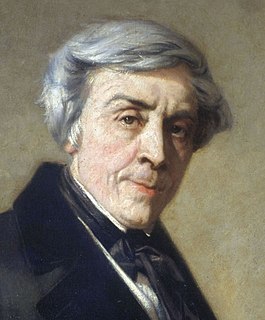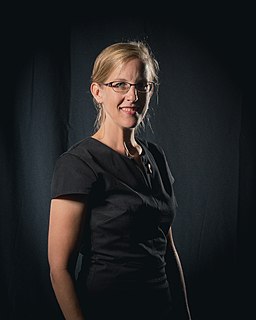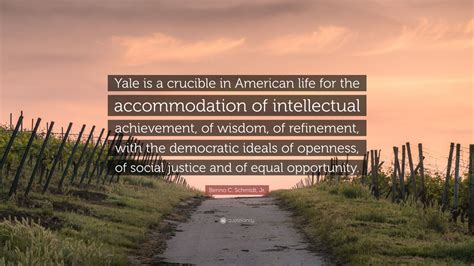A Quote by Richard Louv
In nature, a child finds freedom, fantasy, and privacy: a place distant from the adult world, a separate peace.
Related Quotes
A mother should have some fantasy about her child's future. It will increase her interest in the child, for one thing. To turn the fantasy into a program to make the child fly an airplane across the country, for example, isn't the point. That's the fulfillment of the parent's own dreams. That's different. Having a fantasy - which the child will either seek to fulfill or rebel against furiously - at least gives a child some expectation to meet or reject.
It is my dream that the entire Tibetan plateau should become a free refuge where humanity and nature can live in peace and in harmonious balance. It would be a place where people from all over the world could come to seek the true meaning of peace within themselves, away from the tensions and pressures of much of the rest of the world
The peace we seek in the world is not the flimsy peace which is merely an interlude between wars, but a peace which can endure for generations to come. It is important that we understand both the necessity and the limitations of America's role in maintaining that peace. Unless we in America work to preserve the peace, there will be no peace. Unless we in America work to preserve freedom, there will be no freedom.
The dynamic principle of fantasy is play, a characteristic also of the child, and as such it appears inconsistent with the principle of serious work. But without this playing with fantasy no creative work has ever yet come to birth. The debt we owe to the play of imagination is incalculable. It is therefore short-sighted to treat fantasy, on account of its risky or unacceptable nature, as a thing of little worth.
In certain circumstances where he experiments in new types of conduct by cooperating with his equals, the child is already an adult. There is an adult in every child and a child in every adult. ... There exist in the child certain attitudes and beliefs which intellectual development will more and more tend to eliminate: there are others which will acquire more and more importance. The later are not derived from the former but are partly antagonistic to them.
I believe there is no part of our lives, our adult as well as child life, when we're not fantasizing, but we prefer to relegate fantasy to children, as though it were some tomfoolery only fit for the immature minds of the young. Children do live in fantasy and reality; they move back and forth very easily in a way we no longer remember how to do.



































